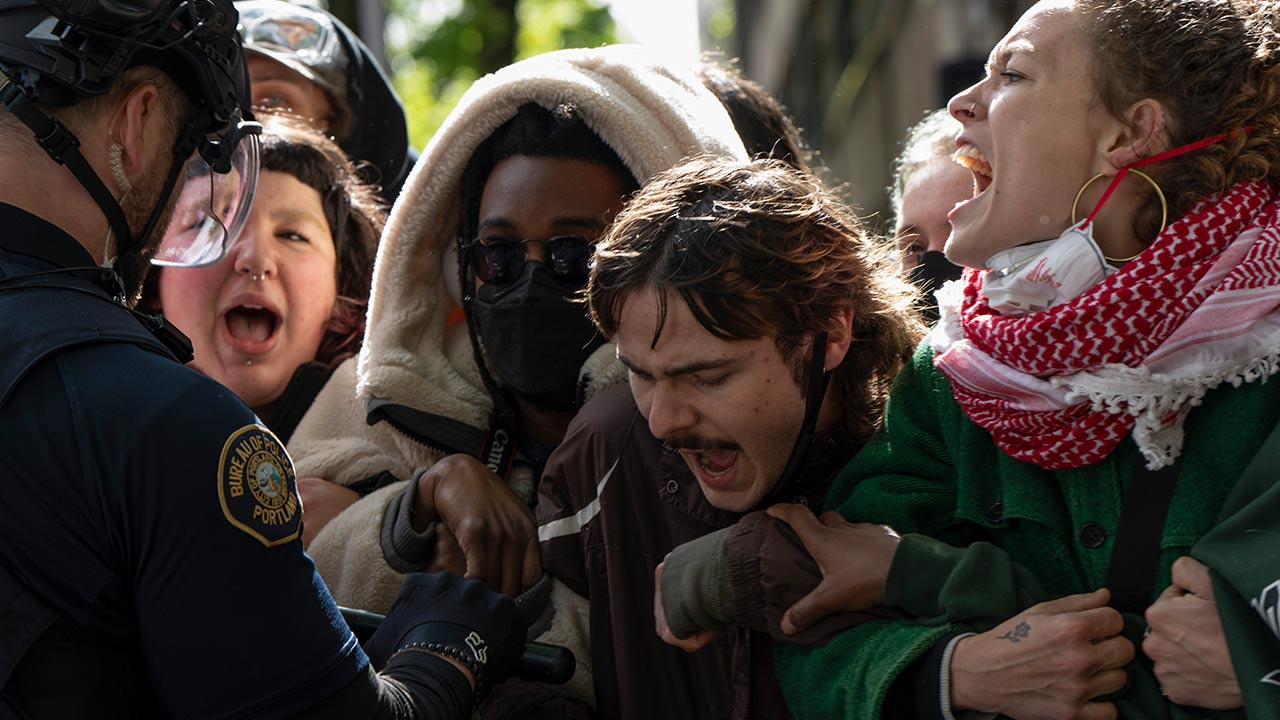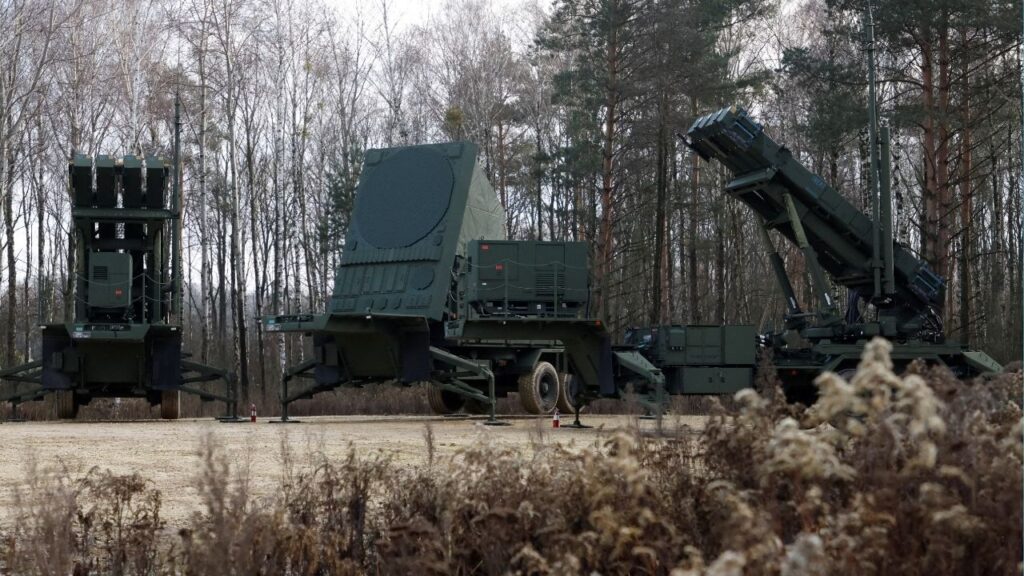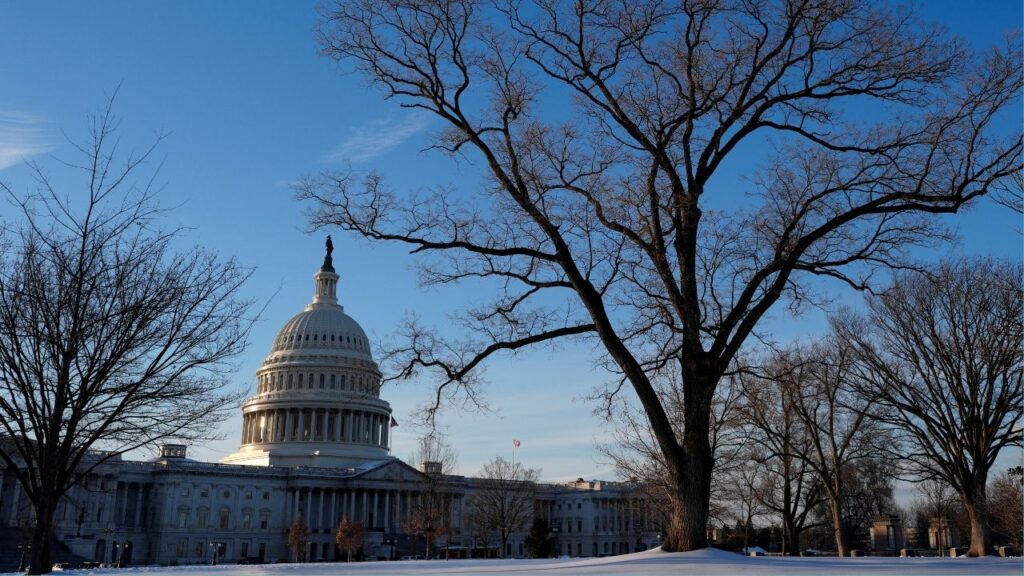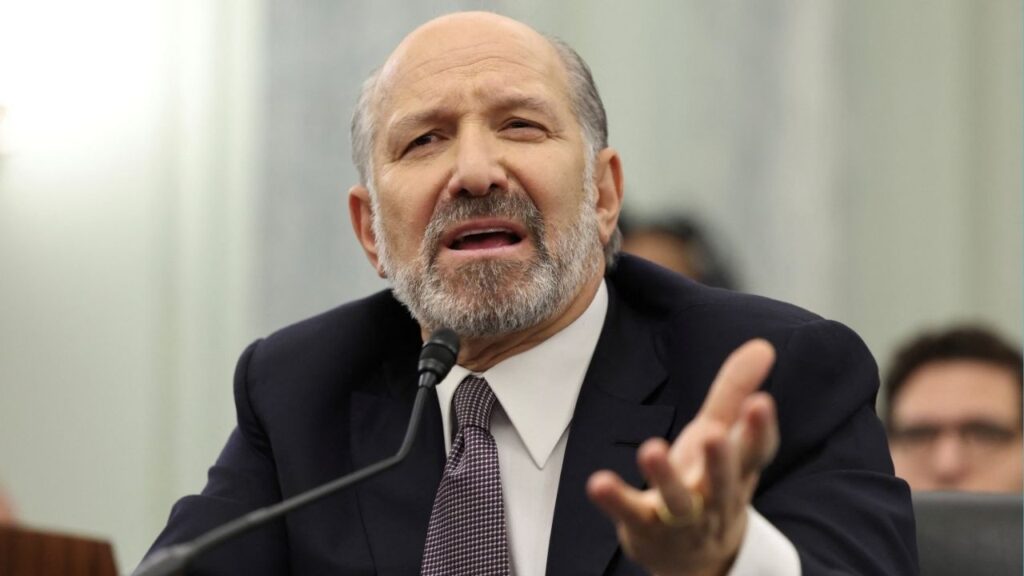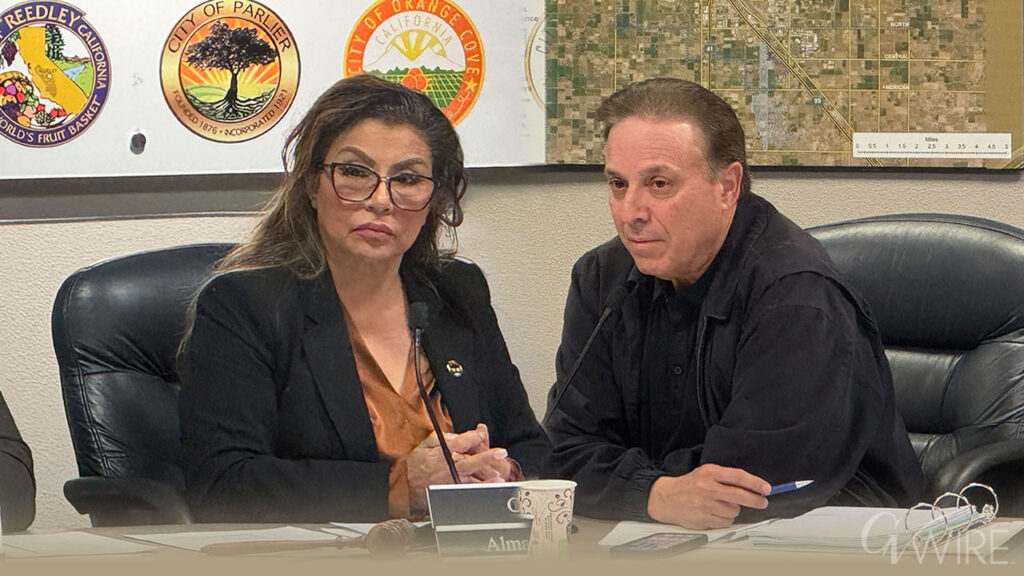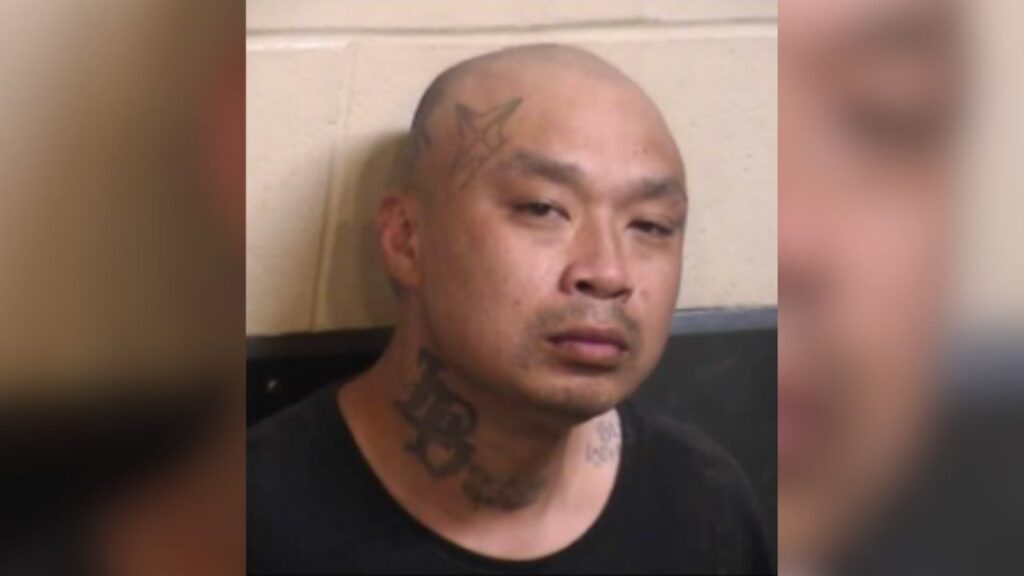US universities are striking deals with pro-Palestinian protesters, leading to discussions about their investments in Israel. (AP/Jenny Kane)

- Anti-war demonstrations ceased at some U.S. universities after deals were struck with pro-Palestinian protesters.
- The agreements included commitments by universities to review their investments in Israel.
- The University of Minnesota, Rutgers, and Brown University are among those that reached agreements, while arrests of demonstrators continued at other schools.
Share
|
Getting your Trinity Audio player ready...
|
NEW YORK — Anti-war demonstrations ceased this week at a small number of U.S. universities after school leaders struck deals with pro-Palestinian protesters, fending off possible disruptions of final exams and graduation ceremonies.
The agreements at schools including Brown, Northwestern and Rutgers stand out amidst the chaotic scenes and 2,300-plus arrests on 44 campuses across the nation since April 17. Tent encampments and building takeovers have disrupted classes at some schools, including Columbia and UCLA.
Details of the Agreements
Deals included commitments by universities to at least review their investments in Israel or to hear calls to stop doing business with the Middle East nation, a longtime U.S. ally. Many protester demands have zeroed in on links to the Israeli military as the war grinds on in Gaza.
The agreements to even discuss divestment mark a major step on an issue that has been controversial for years, with opponents of a long-running campaign to boycott Israel saying it veers into antisemitism. But while the colleges have made concessions around amnesty for protesters and funding for Middle Eastern studies, they have made no promises about changing their investments.
Israel has branded the protests antisemitic, while Israel’s critics say it uses those allegations to silence opposition. Although some protesters were caught on camera making antisemitic remarks or violent threats, protest organizers — some of whom are Jewish — call it a peaceful movement to defend Palestinian rights and protest the war.
Related Story: Over 2,300 Arrested in Pro-Palestinian Protests
University Responses
The University of Minnesota reopened Thursday after administrators said they reached an agreement to end an encampment in the heart of the Minneapolis campus.
Interim President Jeff Ettinger said demonstrators agreed not to disrupt final exams or commencements. In return, student organizations can address the university’s board at a meeting next week, where protesters are expected to demand divestment from Israel.
“While there is more work to do, and conversations are still planned with other student groups affected by the painful situation in Palestine, I am heartened by today’s progress,” Ettinger said in a statement.
Demonstrators at Rutgers University — where finals were paused due to the protests on its New Brunswick campus — similarly packed up their tents Thursday afternoon.
The state university agreed to establish an Arab Cultural Center and to not retaliate against any students involved in the protest camp.
Related Story: Today’s Campus Protests Aren’t Nearly as Big or Violent as Those of ...
In a statement, Chancellor Francine Conway noted protesters’ request for divestment from companies doing business with Israel and for Rutgers to cut ties with Tel Aviv University. She said the the request is under review, but “such decisions fall outside of our administrative scope.”
Protesters at Brown University in Rhode Island agreed to dismantle their pro-Palestinian encampment Tuesday. School officials said students could present arguments to divest Brown’s endowment from companies contributing to and profiting from the war in Gaza.
In addition, Brown President Christina Paxson will ask an advisory committee to make a recommendation on divestment by Sept. 30, which will be brought before the school’s governing corporation for a vote in October.
Northwestern’s Deering Meadow in suburban Chicago also fell silent after Monday’s agreement. The deal curbed protest activity in return for the reestablishment of an advisory committee on university investments and other commitments.
The arrangement drew dissent from both sides. Some pro-Palestinian protesters condemned it as a failure to stick to their original demands, while some supporters of Israel said it represented “cowardly” capitulation.
Seven of 18 members resigned from a university committee that advises the administration on addressing antisemitism, Islamophobia and expressions of hatred on campus. They said they felt unable to continue serving “with antisemitism so present at Northwestern in public view for the past week.”
Michael Simon, the executive director of an organization for Jewish students, Northwestern Hillel, said he resigned after concluding the committee could not achieve its goals.
Meanwhile, arrests of demonstrators continued at other schools.
About a dozen protesters who refused police orders to leave a tent encampment at New York University were arrested early Friday, and about 30 more left voluntarily, according to NYU spokesperson John Beckman. The school asked the New York Police Department to intervene, Beckman said.
NYPD officers also cleared an encampment at The New School in Greenwich Village. Deputy Commissioner of Operations Kaz Daughtry posted on X that the school asked the department to disperse the protesters. No arrests were announced.
Authorities said a further 133 protesters were arrested when police broke up a pro-Palestinian encampment at the State University of New York at New Paltz starting late Thursday. And nine protesters were arrested at the University of Tennessee, including seven students who Chancellor Donde Plowman said would also be sanctioned under the school’s code of conduct.
The student protest movement began April 17 at Columbia University, where student protesters built an encampment to call for an end to the Israel-Hamas war. More than 34,000 Palestinians have been killed in the conflict in the Gaza Strip, according to the Health Ministry there. Israel launched its offensive in Gaza after Oct. 7, when Hamas militants killed about 1,200 people, mostly civilians, and took roughly 250 hostages in an attack on southern Israel.
Related Story: Police Dismantle UCLA Tent Camp, Take Pro-Palestinian Protesters Into Custody
More than 100 people were arrested late Tuesday when police broke up the Columbia encampment. One officer accidentally discharged his gun inside Hamilton Hall during that operation, but no one was injured, NYPD said late Thursday.
At University of California, Los Angeles, more than 200 people were taken into custody early Thursday, after hundreds of protesters defied orders to leave. Police tore apart a fortified encampment’s barricade of plywood, pallets, metal fences and dumpsters, then pulled down canopies and tents.
UCLA Chancellor Gene Block told alumni on a call Thursday afternoon that administrators tried to find a peaceful solution and that things had been stable on campus until counterdemonstrators attacked the pro-Palestinian encampment late Tuesday, leaving at least 15 people injured.
By Wednesday, it was clear police would have to dismantle the encampment, which had become “a bunker,” Block said. Officers warned over loudspeakers that there would be arrests if the crowd did not disperse. Hundreds left voluntarily, while another 200-plus remained and were arrested.


